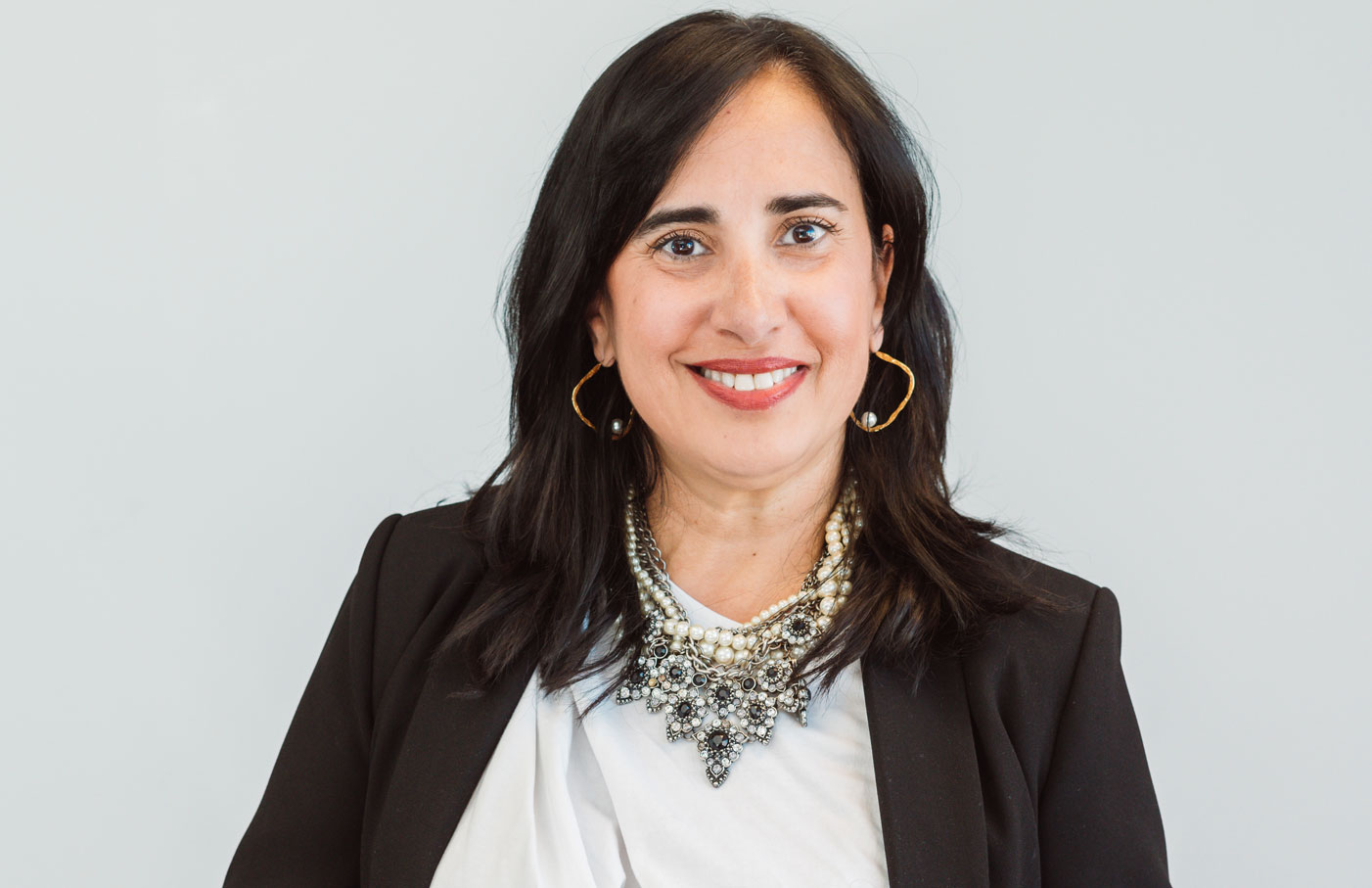Who are Sephardic Jews and New Christians

Since 2015, Portuguese law has contemplated the possibility of acquiring Portuguese nationality by descendants of Sephardic Jews. Naturalization through this route is guided by the Decree-Law 30-A / 2015, which in its text specifies who the Sephadi Jews are and who has the right to apply for nationality.
To help you understand what the law determines, in this text we explain who the Sephardic Jews are dealt with in the Decree and how the “new Christians” are related to the right to Portuguese nationality through the Sephardic route.
Sephardic Jews: Who Are They After All?
Sephardim is the name given to Jews who have inhabited the territory of the Iberian Peninsula, at least since the 1st century of the Common Era. We say at least, because the truth is that some scholars believe that this people settled in the Iberian region during the period of Phoenician navigations. However, there is only material evidence of its presence in the Roman period.
Call by the Hebrew people of Sefarad, the territory of the Iberian Peninsula, ended up serving as a designation of origin for Jews who populated the lands that today encompass Portugal and Spain. This is also where other terms related to this portion of the Jewish people come from, such as: Sephardic, Sephardic or Sephardic.
It is also worth remembering that Sephardic Jews were not the only ones to inhabit the Sephardic region. Despite having preserved the original Jewish customs and traditions, the coexistence with other peoples and culture gave rise to elements specific to Sephardic Jews. An example of this is Ladino: a mixture of medieval Castilian and Portuguese with Hebrew words still spoken today in Sephardic communities around the world.
Persecution and a new diaspora
After centuries living in the region, contributing to its development and participating in its political and social life, Sephardic Jews experienced a change in their way of life and in their freedom of worship.
If until the end of the Middle Ages they had prospered and even held high positions in the newly created Iberian monarchies, everything changed. when at the end of the 15th century they became the target of persecution.
It is believed that acting in public offices, especially those related to tax collection, would have been the main motivation for the nobility, landowners and part of the clergy to initiate defamatory campaigns against these people. The culmination of this process was the resurgence of Court of the Holy Inquisition in Spain and Portugal.
New Christians
The persecution in Spain started earlier than in Portugal. Its historic landmark is the edict of the Catholic kings D. Isabel and D. Fernando who, on March 31, 1492, determined that Jews living in Spanish territory should convert to Catholicism, otherwise they would be expelled within four months. Those who converted became known as "New Christians."
It is worth noting that not only Jews, but also Muslims who still lived on the Iberian peninsula were forced to convert to Catholicism. In this way, “new Christians” are people of any origin who have converted to Catholicism.
from Spain to Portugal
At the end of the four-month period, the reality is that more than 100,000 Spanish Jews left the domain of the Catholic kings of Spain and took refuge, with the permission of King João II, in Portugal. The Portuguese king's decision was based on the benefits of having a qualified workforce and, above all, being able to collect taxes from newcomers.
Despite having the Portuguese king's permission to inhabit the territory of Portugal, Sephardic Jews coming from Spain were viewed with some suspicion, including by Portuguese Sephardim who had enormous wealth and power at court.
In this context, in 1495, after the death of King João II, King Manuel I was crowned King of Portugal. Pressured by the instabilities generated by social tensions and by requests from his supporters for a religious unity in the kingdom, D. Manuel I gave in to the demand of the Spanish kings Fernando and Isabel: in exchange for the matrimonial alliance between his widowed daughter and the Portuguese king, this one should determine the expulsion of the Sephardim from the Portuguese territory.
The Iberian Diaspora
Thus, in December 1496, a month after the wedding, D. Manuel I issued the order for the expulsion of the Jews. Those who refused to leave Portuguese territory would have their property confiscated and would be executed.
The severity of the edict led the king's advisers to warn him that the measure would lead to a great flight of capital from Portugal. In order to avoid such an economic impact on the kingdom, D. Manuel changes the edict that makes the conversion to the Catholic faith mandatory for all Jews.
After much physical and symbolic violence, thousands of Jews spread across the world. The practice of Judaism in Portugal was drastically reduced, having remained only in crypto-Judaism communities, that is, in secret.
The obligatory conversion would even be the origin of the term “marrano”, used contemptuously by the Portuguese in relation to the New Christians.
The term would have two probable origins: the first says that it would be an old Spanish or Portuguese word from the early Middle Ages and would mean pig. Even today, in Alentejo, people refer to a gilt as a “gilt”. Another theory points out that the term is a corruption of the Hebrew expression "anuss sea”, Which means“ man converted by force ”.
It is exactly this history of persecution and violence that the decree Decree-Law 30-A / 2015, also called reparation law seeks to repair by allowing the descendants of those who were expelled or forced into conversion to reconnect with their Iberian Jewish roots.
If you don't know if you are a descendant of a Sephardic Jew, you can start building your family tree in search of an ancestor. Many New Christians left Portugal for Brazil in the years following the arrival of the Portuguese in Brazilian territory. Therefore, Brazil has a large Sephardic descent, today spread throughout Brazil.
Find out if you are a Sephardic Jew descent
To do this, you just have to correctly answer all the fields on our pre-analysis form. There are no costs associated with completing the form.

"Because of a controversy, they are changing a historical reparation," says Isabel Comte.
The proposed changes to the Nationality Law in Portugal remain at the center of public debate, even after the decision […]

"The Constitutional Court gave time, it didn't change the law," says a lawyer from Martins Castro.
The recent decision by the Portuguese Constitutional Court, which blocked key parts of the government's proposal to tighten access […]

Nationality for minor children: why is the process usually simpler?
Among the various pathways provided for in the Portuguese Nationality Law, transmission to minor children is usually perceived as a […]